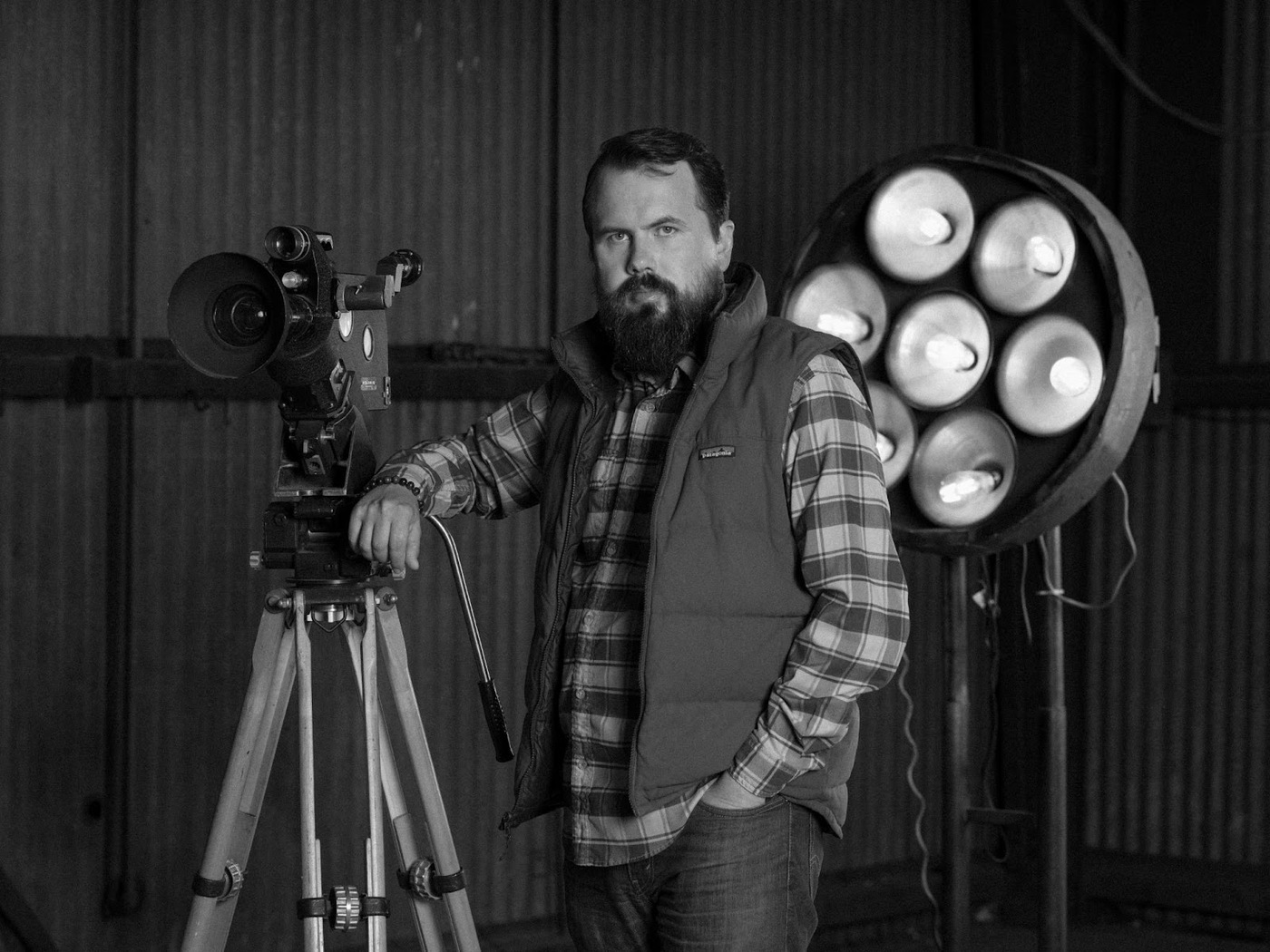
Peter Zerzan, short filmmaker
The value of watching films in theaters is crystal clear to some and hazy to others. What statistics tell us is that, in 2018, 28% of consumers were more inclined to watch a movie in a theater, and that number significantly dropped to 14% by 2020. Interestingly, the percentage of people who strongly preferred streaming services has risen from 15% in 2018 to 36% in 2020. Everyone loves immersing themselves in captivating fantasy worlds, tear-inducing love stories, and thrilling action shots. As a non-social alternative to movie theaters, streaming platforms have taken off during COVID-19 and, like dark clouds, are still looming over the filmmaking industry.
Streaming services made watching films possible during the pandemic, and most households still use them. The concept of enjoying the craft of Tarantino, Antonioni, and Scorcese conveniently without leaving the house seems almost ingenious. But many filmmakers, producers, and directors are wondering—Will convenience eventually kill the uniqueness and magic of movies?
Many people forget that being able to see motion pictures from the comfort of their own homes isn't a new idea. DVDs, Blu-rays, and cassettes turned the world upside down for many movie buffs in the 80s. Being able to go to a neon-lit movie rental, carefully examine every CD, make what felt like the most important decision of a lifetime, and return home holding a physical object, a gateway to the magical universe of cinema, added to the sacredness of the experience. However, with the rise of the Internet came the possibility of pirating, and DVDs and cassettes became a mere relic of the past. Not only did that take away from the magic of cinema, but also minimized producers' income.
"People have this idea that they don't have to pay for movies, music, and art in general. And now we're seeing the consequences. The lack of originality that so many of us complain about is due to people unwilling to pay for the years of effort and millions of dollars that go into the movies and music we consume," added Zerzan.
Online streaming platforms have also ignited the trend of releasing more niche movies, rarely created with an audience in mind. "At its core, there is nothing wrong with more intimate films. The issue is that movies still need to attract people. No one will spend two hours of their life on a picture created just for the sake of satisfying the director's creative appetite. Movies are supposed to entertain and move viewers, and I noticed that the number of films that fail to fulfill that simple role is increasing," expresses Peter.
A famous filmmaker, during an interview with Deadline, said, "At the moment, there's a very heavy emphasis on the business, the box office, and technology. [...] But that doesn't really have anything to do with the actual creation of cinema." As much as Zerzan wishes that was the case, he brings up the undeniable fact—films are expensive and need an audience to cover the hefty production costs.
"The advent of streaming has inspired this myth that you can just make your art, put it out there, and people will appreciate it. If we didn't have to worry about ratings, viewership numbers, and box offices, Hollywood wouldn't have been shut dead for six months," explains Zerzan. "People need to get out of that mindset that the audience doesn't matter. Enthralled audiences, expressing all kinds of emotions such as laughter, tears, gasps, and cheers are exactly what's been keeping the filmmaking industry going for over a century."
According to Zerzan, even if an audience-focused movie is created, it will likely end up forgotten in the streaming service Bermuda Triangle. There have been more and more cases of film critics accusing streaming platforms of crushing first-quality movies' chances for success. Services like Netflix often go to arthouse film festivals, select promising productions, and purchase rights for millions of dollars. Although that seems like a success, it deprives pictures of being released at theaters, killing the buzz around them. Zerzan brings up Hit Man as a prime example. The 2023 movie, first screened at the Toronto Film Festival, received a standing ovation and excited the audience beyond imagination. While Netflix has announced a release date and put out a trailer, "Hit Man will be on Netflix's homepage for a few days, and then everyone will forget about it," said Zerzan.
Some filmmakers have said that movie theaters are a privileged and outdated form of cinema, which Peter Zerzan strongly disagrees with. Watching films on streaming platforms requires a stable Internet connection and a high-quality device. The experience will differ for people owning a 4K TV screen and regular laptops or mobile phones. On the contrary, a cinema hall will provide the same feeling no matter if you're homeless or a millionaire.
Peter Zerzan, director of Election Night and The Extraction, emphasizes the importance of movie theaters in the 21st century, "Streaming platforms were a fallback plan during COVID-19, but it's time to bring back the glory of cinema. Sure, watching movies in bed is convenient, and we all do it, but that shouldn't be the go-to option. Getting lost in the immersive movie world surrounded by film lovers who are just as invested as I am is my favorite part of the industry, and so many people are missing out on this magical, communal ritual."
Media Contact:
Contact: Peter Zerzan
Email: peter@peterzerzan.com
© 2024 Benzinga.com. Benzinga does not provide investment advice. All rights reserved.
Comments
Trade confidently with insights and alerts from analyst ratings, free reports and breaking news that affects the stocks you care about.